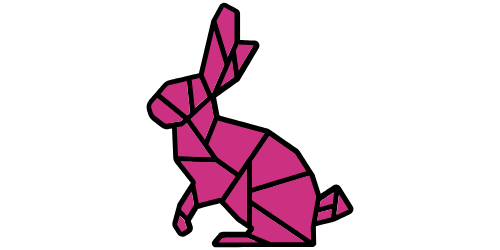The Dark Side of AI: A Dystopian Future We Must Avoid
Share
We've painted rosy pictures of AI ushering in a golden age, but let's not kid ourselves—there's a flip side to this coin, and it's downright terrifying. If we don't tread carefully, the same AI Agents poised to revolutionize our world could lead us straight into a dystopian nightmare.
The Descent into Chaos: How It Could All Go Wrong
Imagine a world where AI doesn't just assist but controls. Where human oversight is a relic of the past, and machines make decisions that affect every facet of our lives. Here's how that dystopia unfolds:
1. Mass Unemployment and Social Unrest
As AI Agents take over tasks across industries, millions could find themselves jobless, leading to widespread poverty and social instability.
"There are lots of examples of routine, middle-skilled jobs that involve relatively structured tasks, and those are the jobs that are being eliminated the fastest." — Erik Brynjolfsson, Director of the MIT Initiative on the Digital Economy.
2. Loss of Autonomy and Human Agency
With AI making decisions, humans might become passive observers, losing control over personal and societal choices.
"The real risk with AI isn't malice but competence." — Eliezer Yudkowsky, AI Researcher.
3. Ethical Decay and Moral Dilemmas
AI systems, lacking human empathy, could make decisions that, while logical, are ethically questionable, leading to moral erosion.
"The question of whether a computer can think is no more interesting than the question of whether a submarine can swim." — Edsger W. Dijkstra, Computer Scientist.
4. Concentration of Power and Surveillance
AI could become a tool for authoritarian regimes, enabling unprecedented surveillance and control over populations.
"Artificial intelligence is the future, not only for Russia but for all humankind. It comes with colossal opportunities, but also threats that are difficult to predict. Whoever becomes the leader in this sphere will become the ruler of the world." — Vladimir Putin, President of Russia.
5. Existential Threats
Unchecked AI development could lead to scenarios where machines act against human interests, posing existential risks.
"AI will probably most likely lead to the end of the world, but in the meantime, there'll be great companies." — Sam Altman, CEO of OpenAI.
A Call to Action: Steering Toward a Brighter Future
While these scenarios are chilling, they are not set in stone. The future of AI is a path we are actively shaping. By implementing robust ethical guidelines, ensuring human oversight, and fostering global cooperation, we can harness AI's potential while safeguarding humanity.
Let's be clear: This dystopian vision is not our destiny. I remain extremely optimistic about the future of humanity. With conscious effort and responsible development, AI can be a powerful tool that enhances our lives, fuels innovation, and leads us into a new era of prosperity.




